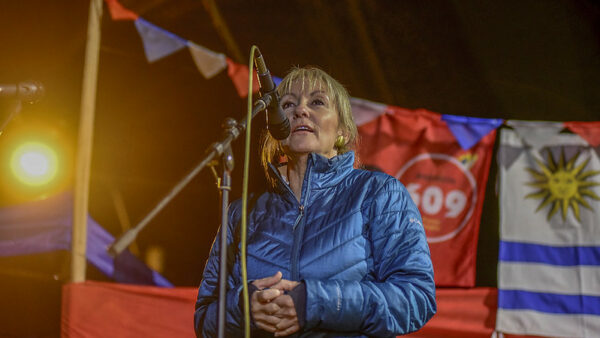While the rest of the planet teetered on the brink of one of history’s most expansive wars, we were busy looking inwards. The Contestado War had been raging in Santa Catarina and Paraná since 1912, as settlers fought with landowners, who were backed by the military and police forces, for land rights. Meanwhile, European settlers arriving in recent years had brought with them ideas of anarchy and communism – something that was causing a significant headache for a political class made up of oligarchs and rural aristocracies.
So when the rest of the world entered into a state of war in 1914, we weren’t exactly in a hurry to join in.
The economic interests of the ruling classes, who controlled the politics of the era, were to remain neutral. Brazil’s main economy rested on exporting specialty agricultural products to North America and Europe. The economy was particularly dependent on coffee: at the time, three quarters of all coffee drunk worldwide came from Brazil. And so in the hopes of protecting its trading interests, our country declared neutrality as World War I kicked off.
Unfortunately, this plan proved more complex than Brazil’s elites had hoped. As the war snowballed, more countries were dragged into conflict and the spending power of its protagonist countries was reduced. For Brazil, this meant that not only did European governments see more pressing uses for space on cargo ships crossing the Atlantic, but also that lower levels of purchase power among consumers resulted in the decline of luxury goods imports – like coffee. Brazil’s economy also suffered collateral damage as the British introduced a naval blockade designed to stifle the Central Powers countries; it included a ban on all coffee imports.
On May 3, 1916, the Brazilian merchant ship Rio Branco was struck down by a German submarine. Though the Rio Branco had been sailing under a British flag in restricted waters and was manned by Norwegians, it was still enough to cause a public outcry among Brazilians. And under a year later, Germans struck down Brazil’s steamer Paraná on April 5, 1917. This time three Brazilians on board died, and groups in Brazil’s main cities held pro-war demonstrations.
Brazil’s political class suddenly had an excuse to enter the conflict – and just fifteen days later, we declared the end of our diplomatic relations with Germany.
Brazil during World War I
By October of 1917, Brazil officially declared war on the Central Powers. Not only could our politicians take advantage of demonstrations in the cities, but it was also a chance for the country to conveniently align itself with the economic superpowers on the Allied side, who already looked set to win.
Brazil’s contribution was always more symbolic than real. Despite being the world’s 13th most populous nation by 1900 with more than 17 million citizens, Brazil sent only several hundred men to join the Allied war efforts. This was partially due to the lack of manpower on Brazil’s part; the army had to undergo an extensive hiring process to reach this number in the first place. Brazilian soldiers were also poorly trained in comparison to their fellow combatants, and their equipment didn’t meet the same standards.

In fact, Brazil’s biggest enemy during World War I was not a foreign army but a virus. Sailors were hit badly by the Spanish influenza epidemic, with a far higher mortality rate from the disease than elsewhere in the world. Sailors were exposed to the disease as soon as they landed in Dakar, and almost 90 percent of them went on to catch the fever.
Roughly 10 percent of the crew died, thanks to a combination of dehydration, the lack of exposure to the virus’s first wave, and lungs damaged by pollution from ships. The final result was that Brazil’s troops didn’t make it to Gibraltar until November 2018, just days before the armistice was signed.
We only engaged in one battle during the war. The cruiser “Bahia” searched for German U-Boats next to Gibraltar, and launched a powerful attack against what the crew believed to be an enemy submarine. Turns out that it was … a group of porpoises.
World War I nonetheless greatly altered our economy, as it destabilized the central rule of coffee and luxury commodities. Meanwhile, waves of European immigrants, hoping to start anew or fleeing persecution, arrived on our shores. With the new influx of white collar and professional workers, and growing urbanization, Brazil’s economy – and politics – became increasingly layered, and ever more complicated. By the time World War II came around, Brazil was under the authoritarian leadership of Getúlio Vargas.
World War II
As the war broke in 1939, Brazil’s economy was still highly dependent on exports. Germany had become an important partner for Brazil, trading manufactured goods and war materials in return for basic supplies, like cotton, and luxury goods, like coffee. Additionally, Vargas admired the fascist governments in Italy and Portugal at the time. But exports to the U.S. were also important; knowing this, Vargas opted for neutrality in the hopes of trading with both Allied and Axis forces.
But the U.S. was pushing for its own diplomatic and economic alliance with Brazil, hoping to strengthen military ties during World War II. This became the Joint Brazil-U.S. Defense Commission, which aimed to reduce the likelihood of Axis attacks on U.S. ships as soldiers travelled to Africa and Europe, and minimized Axis powers in South America. Thanks to the commission, by 1941 Brazil had allowed the U.S. to patrol the South Atlantic using its bases. Tensions between Brazil and Germany then heightened, as German torpedoes once again started to sink Brazilian ships.
The Pearl Harbor attacks in late 1941 acted as a catalyst for the participation of the Americas in World War II and once again gave Brazil the excuse it needed to join the side that looked likely to win. Although Vargas was not keen to enter combat, pro-war protests in Brazil’s principal cities and harassment of German communities gave him leverage to do so.
Vargas was also looking to position Brazil favorably with countries that might invest in its industries, both established and nascent. As a result, a 1942 agreement led to US airbases in Brazil, with promises that the US would help Brazil form a national iron industry.
Consequently, when Rio de Janeiro hosted the 9th Pan-American conference in early January 1942, there were enough economic and popular grounds for Brazil to announce that it would cut ties with Axis powers, and encouraged its Latin American neighbors to do the same. But the German forces retaliated, sinking 13 Brazilian merchant vessels between January and July of 1942, plus five more over just two days in August. Over 1,200 Brazilians were killed in 1942 alone.
As with the First World War, a lack of up-to-date weaponry and insufficient training meant that Brazil’s involvement was more of a symbolic gesture of support. Naval efforts were concentrated on protecting shipping routes between Central and South America and Gibraltar, but Brazil’s largest contribution was the Brazilian Expeditionary Force (FEB). Made up of a group of approximately 25,700 men from the army and air force, the FEB’s activities would eventually take place in Europe.
But disagreements among Allied countries over where to deploy Brazil’s forces, plus updates to training and equipment, meant that it took FEB over two years to finally join the war. FEB’s symbol became a smoking snake, sewn onto their uniforms as an identifying patch in homage to cynicism that they would ever actually leave Brazil. In the years of waiting, a phrase became popular among soldiers: “Mais fácil à uma cobra um cachimbo fumar, do que à FEB embarcar” (“It’s easier for a snake to smoke a pipe than for the FEB to embark”).
By the time World War II wrapped up, Brazil’s efforts had resulted in heavy losses. The defeat of the Axis powers saw a growing global trend towards democracy – and the idea was making waves in Brazil, too. Despite his carefully crafted public image, Getúlio Vargas was forced to hold free elections shortly after the war, thus bringing us a fleeting taste of democracy.

[/restricted]

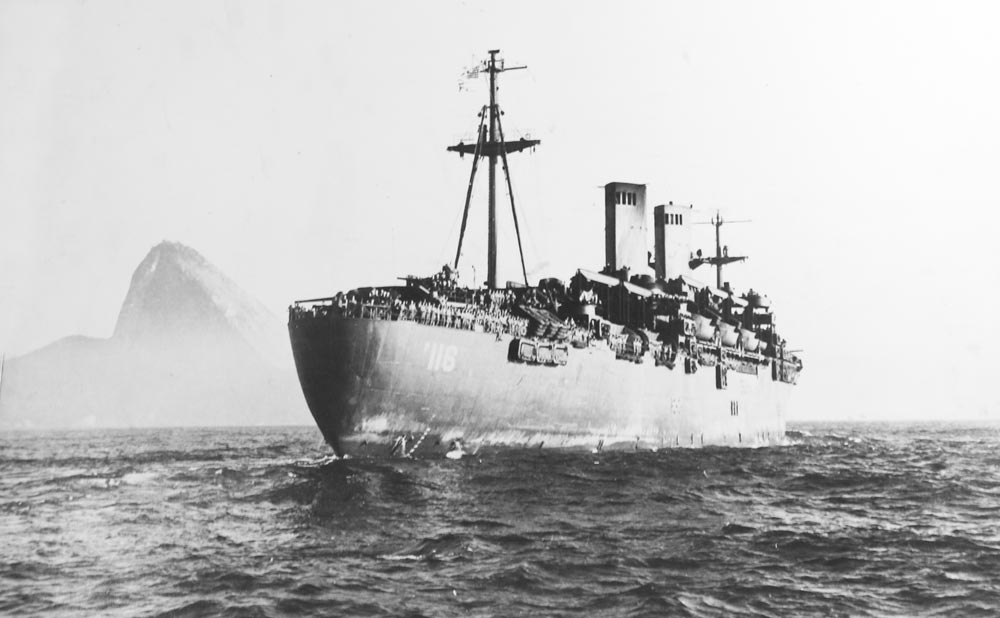
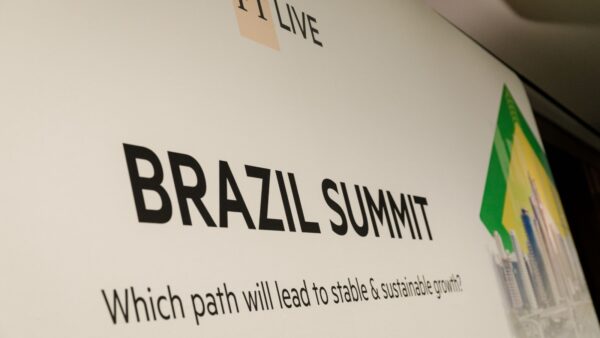
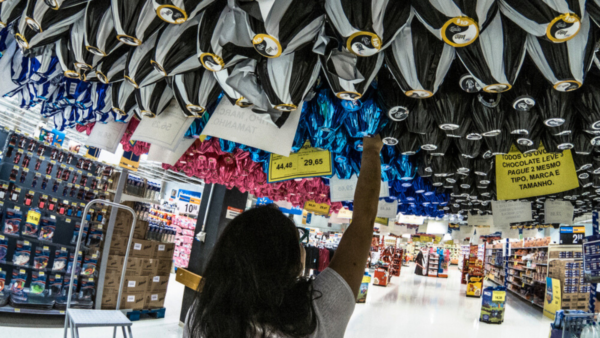



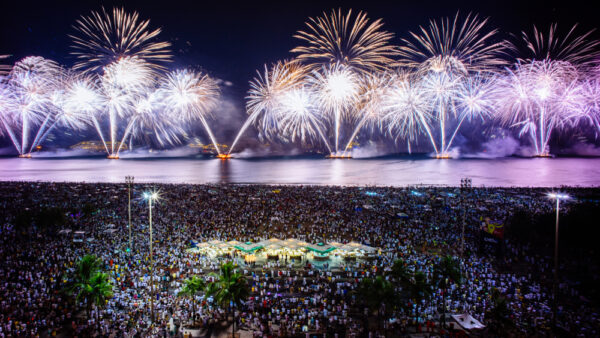
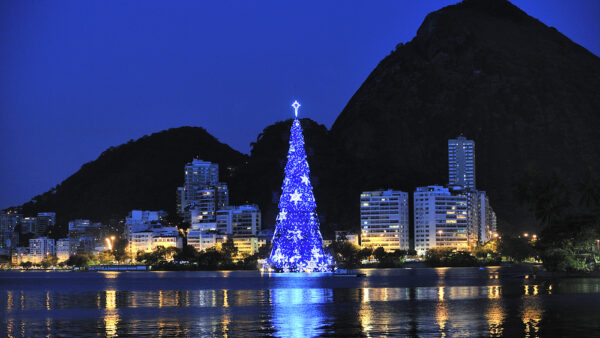
 Search
Search

































